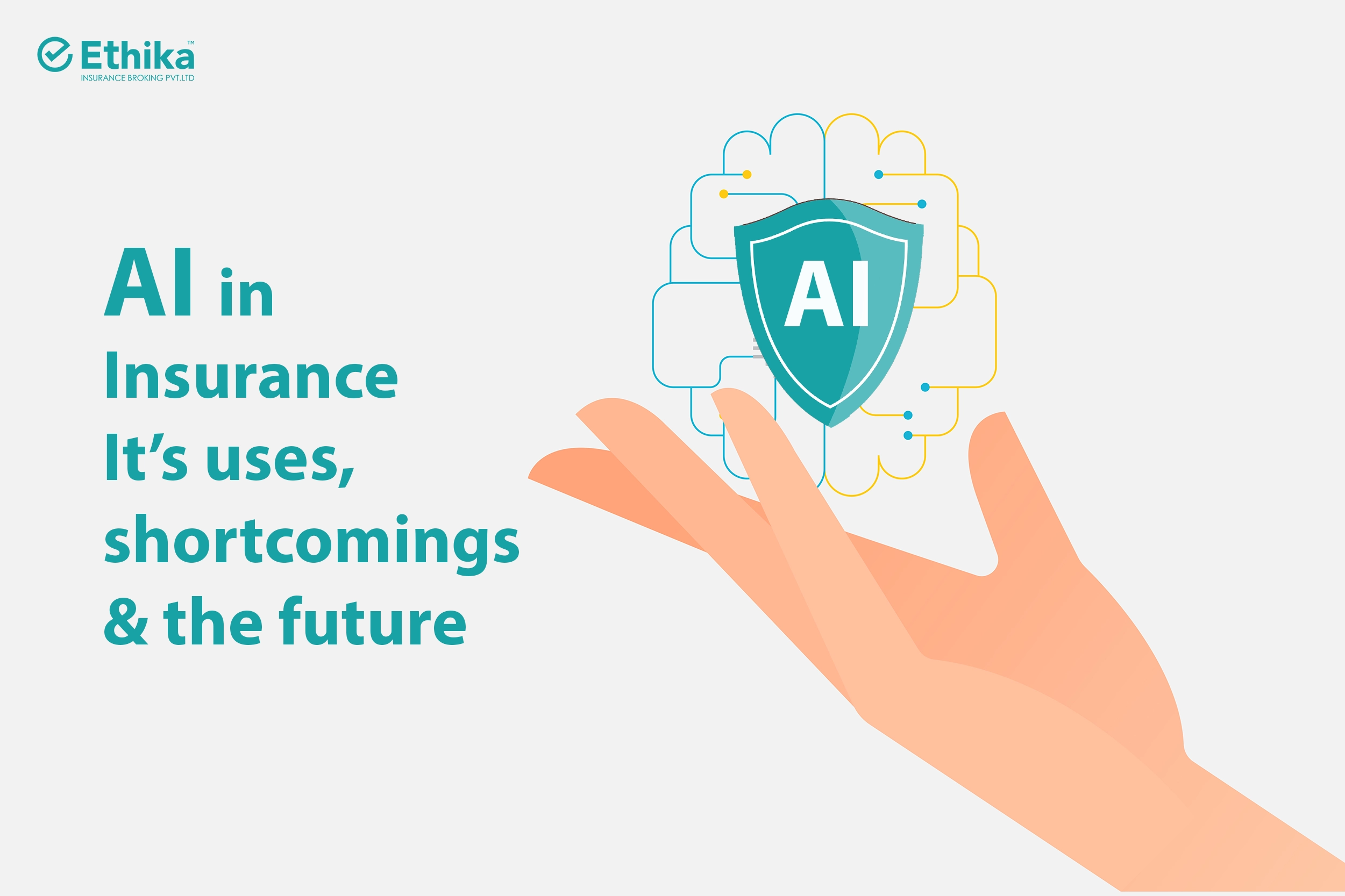
What’s on this page?
The Current Landscape of Health Insurance
The landscape of health insurance is undergoing significant transformation, shaped by evolving demographics, rising healthcare costs, and technological advances. With an ageing population and increasing prevalence of chronic diseases, there’s a growing demand for accessible and affordable healthcare coverage.
Furthermore, regulatory changes and market factors push insurers to reinvent their products, emphasising preventative care, value-based models, and digital solutions. Despite these problems and opportunities, health insurance’s role in providing financial security and enhancing population health continues to evolve.
Introduction to Artificial Intelligence (AI) and Its Expanding Importance in Various Fields, Including Healthcare.
Artificial intelligence (AI) is a rising megatrend resulting from digitisation, with significant applications in e-commerce, automotive, and consumer sectors, as demonstrated by Siri and Alexa. The private sector is adopting AI to improve forecasts, customer service, and logistics. In healthcare, AI’s potential is being investigated, particularly in early detection systems and pattern recognition. Health insurers also use AI to tailor patient packages and handle claims, potentially saving billions of dollars.
Health Insurance
Health insurance in India, regulated by the Insurance Regulatory and Development Authority of India (IRDAI), has witnessed remarkable growth in recent years. Rising healthcare costs and increasing awareness about the importance of financial protection against medical expenses have surged the demand for health insurance across the country.
As per the data, we can see that of several insurers in India, major contributors towards health insurance are private sector insurers, public insurers, and standalone Insurers. The rise of health insurance was shown during the pandemic. If we see the overall growth aspect of health insurance from (761cr to 90000cr), the business shows tremendous growth. Now, if we look at the segment-wise contribution toward the premium health sector (Above Table 1), it is 38%, roughly around 2,57,000cr business in India. Recently, it crossed the motor insurance (32%) sector due to increasing demand for it.
Role of AI in Health Insurance
- Generative AI, particularly GPT-4, is revolutionising health insurance risk assessment by combining large data sets for personalised predictive models. This approach enhances insurer-client relationships, promoting healthier lifestyle choices and positive feedback loops.
- Generative AI is revolutionising insurance claims by processing medical documents in natural language, streamlining prior authorisation, and enhancing operational efficiency.
- AI-enhanced claims management platforms can reduce denial rates, improve revenue cycle management, and improve operational efficiency.
- Machine learning technologies can predict patient behaviour and calculate disease probabilities, increasing insurance provider profitability. New business models can focus on prevention, disease management, and wellness, encouraging partnerships among payers, providers, and pharma companies.
- Technological advancements, like wearable devices, enable health insurers to utilise data for faster underwriting, saving time and costs through AI-powered predictive analysis.
Benefits of AI In Health Insurance
Integrating AI into health insurance operations offers numerous advantages.
- Firstly, AI enhances accuracy in risk assessment and pricing by analysing vast amounts of data to predict future health trends and individual risk profiles, leading to more precise premium calculations.
- Secondly, AI-powered algorithms significantly improve fraud detection capabilities, identifying suspicious patterns and anomalies in claims data with greater efficiency, resulting in substantial cost savings for insurers.
Additionally, AI streamlines claims processing, automating manual tasks and accelerating the adjudication process, thereby reducing turnaround times and improving overall operational efficiency.
- Lastly, AI enables personalised customer experiences through tailored recommendations, proactive communication, and 24/7 assistance, fostering greater satisfaction and loyalty among policyholders. For instance, companies like Oscar Health leverage AI algorithms to personalise insurance plans.
Some Used Cases of AI in Health Insurance
- Artificial intelligence in health insurance: Smart claims management with self-learning software: Artificial intelligence can help health insurers improve claims administration by systematically detecting and fixing problems while avoiding unproductive actions.
- Fraud, anomaly, and account takeover prediction: Rule-based fraud detection systems are complex and costly, making it difficult for experts to investigate cases. AI and machine learning systems can improve accuracy, reduce false positives, and reduce costs. Synthetic data generators can improve fraud detection algorithms by up-sampling rare patterns, improving their performance by up to 10%, depending on the machine learning algorithm used.
- Robotic Process Automation (RPA) and Artificial Intelligence (AI) are critical in improving operational efficiency in health insurance organisations. RPA and AI may be incredibly productive when communicating with clients, recognising their needs, and matching them with the proper health policy. Their precision and ability to complete repetitive activities in a short period of time make them extremely efficient.
- Deep Learning Used in Underwriting: Deep learning can be used in underwriting for data extraction, validation, enrichment, and decisions. AI can automate underwriting by generating observations and collecting alternate data, such as selfies and EHR records. Decisioning involves advanced predictions, such as data sufficiency checks, which can be collected by agents or customers directly.
Future Trends:
AI in health insurance is expected to evolve towards more personalised and proactive approaches. Predictive analytics will become more sophisticated, enabling insurers to anticipate health risks and customise coverage accordingly. AI-driven virtual assistants will enhance customer engagement and streamline administrative tasks. Additionally, the emergence of Gen AI, the next generation of AI systems capable of self-learning and adaptation, holds promise for even greater advancements in health insurance analytics and decision-making.
In Conclusion
AI holds immense potential for revolutionising health insurance by enhancing risk assessment accuracy, fraud detection, claims processing efficiency, and customer service. If we could precisely predict risk for individuals and use this to price their premiums, insurance would be out of reach for many people.